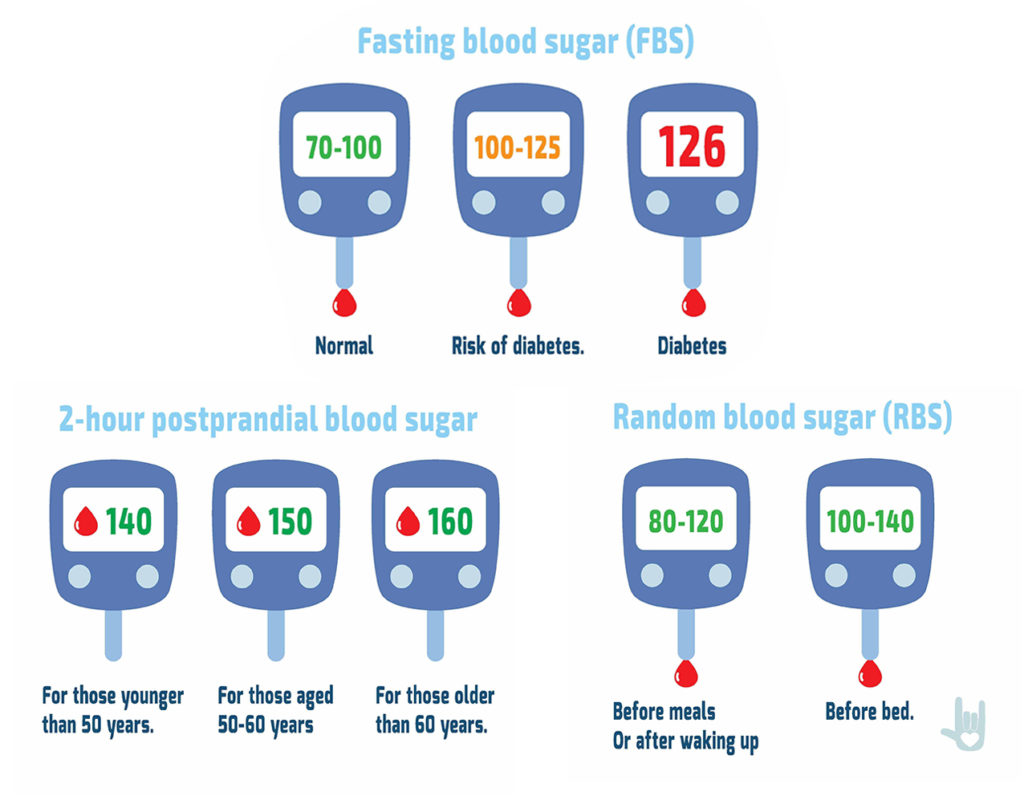
When you have diabetes, your blood glucose (aka blood sugar) levels might be consistently high. Over time, this could damage one's body and result in many other problems.
How much sugar within the blood is just too big much? And why is high glucose so bad? Here’s a peek at how your levels affect your well being.
What Are Normal Blood Sugar Levels?
They're under 100 mg/dL after refusing to eat (fasting) for about 8 hours. And they're lower than 140 mg/dL two hours after eating.
During the afternoon, levels are typically at their lowest before meals. For most people without diabetes, blood sugar levels levels before meals hover around 70 to 80 mg/dL. For some people, 60 is usual; for some individuals, 90.
What's a small sugar level? It varies widely, too. Many people's glucose will not fall below 60, in spite of prolonged fasting. When you diet or fast, the liver keeps your levels normal by turning fat and muscle into sugar. A few people's levels may fall somewhat lower.
Diagnosis
Doctors start using these tests to discover if you have diabetes:
Fasting plasma glucose test. The doctor tests your glucose levels levels after fasting for 8 hours and it’s more than 126 mg/dL.
Oral glucose tolerance test. After fasting for 8 hours, you recruit a special sugary drink. Two hours later your sugar level is above 200.
Random check. The doctor tests your glucose levels and it’s above 200, plus you’re peeing more, always thirsty, and you’ve gained or lost lots of weight. They’ll then execute a fasting sugar level test or perhaps oral glucose tolerance test to make sure that the diagnosis.
Any sugar levels over normal are unhealthy. Levels that are above normal, although not reaching the purpose of full-blown diabetes, these are known as prediabetes.
According on the American Diabetes Association, 86 million people inside U.S. have treatment plans, which can bring about diabetes unless you make healthy change in lifestyle that your doctor recommends. It also enhances the risk for heart problems, however, not as much as diabetes does. It's possible to keep prediabetes from becoming diabetes with dieting and exercise.
No comments:
Post a Comment